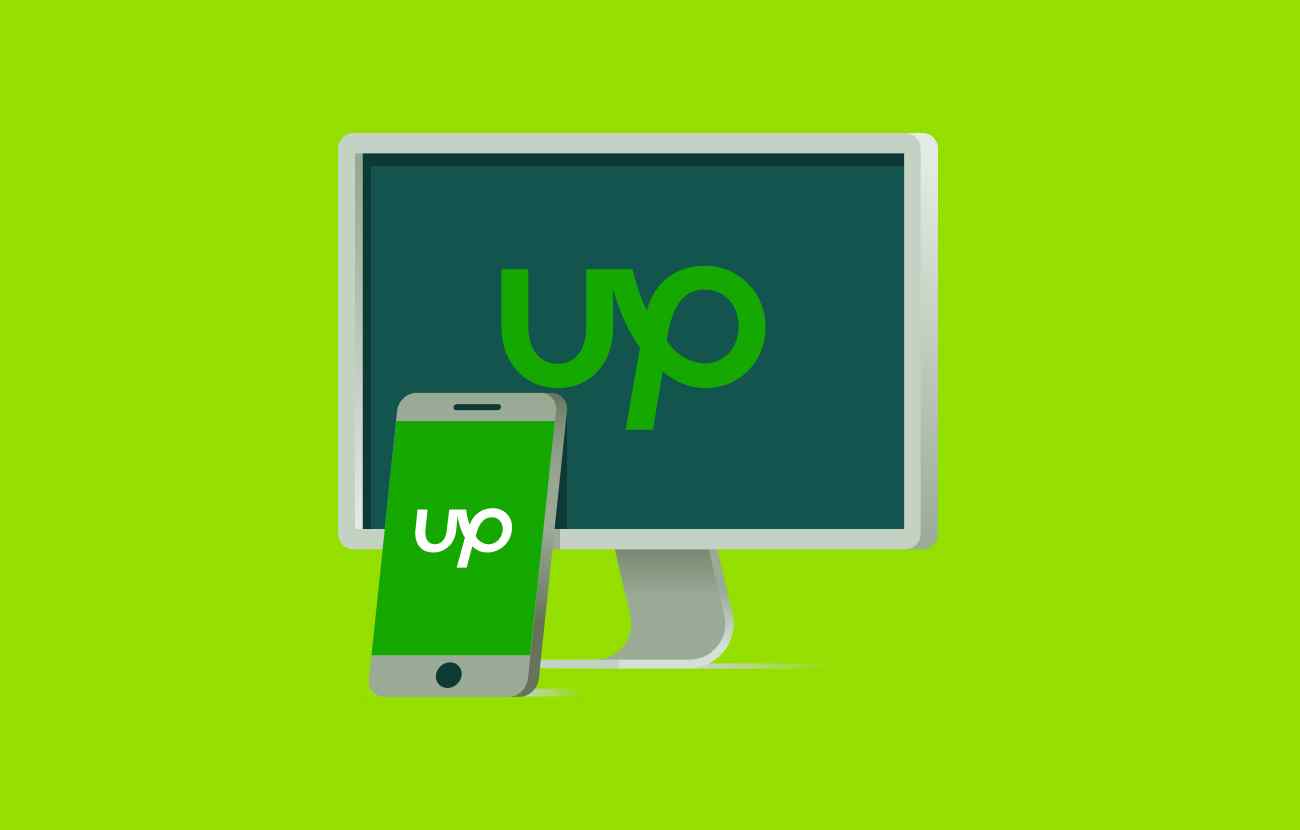Upwork freelancers in Kenya face new tax obligations. VAT will be collected and remitted by Upwork to the Kenyan government. Those eligible for exemptions must provide a valid tax certificate. Meanwhile, other freelancing platforms’ tax compliance remains uncertain.
For a long time, the Kenyan government has encouraged young people to work online after high school or college. The government launched several initiatives to train and support graduates in finding online work. One is the Ajira digital programme, which provides training and mentorship in digital skills such as software development, graphic design, and copywriting. Thousands of students who have undergone Ajira training say they were encouraged to find any kind of work online, including on platforms such as Upwork.
Upwork is a popular platform in Kenya, with many freelancers using it to find work. To work on Upwork in Kenya, you just create a profile and set your rates. You can then search for jobs that match your skills and experience. Once you find a job you are interested in, you can submit a proposal to the client. If the client is impressed with your proposal, they will hire you. Most Kenyans working on Upwork focus on technical writing, including handling assignments for Western students in what has been called ‘contract cheating.’
Kenyans who have worked on this freelancing platform can tell you they never had any tax obligations to the Kenya Revenue Authority (KRA). Any money they make from the platform goes untaxed, but that is no longer the case after users noticed an update that prompts them to include their KRA PIN on their profiles.
A statement on Upwork’s website reads, “Kenya requires Upwork to collect value-added tax, or VAT, and remit the tax to the government of Kenya. VAT is a tax on goods or services, including our services to you, and remit means to send money for a payment.”
Read more: How new law allows Kenyan taxman to access offshore bank accounts information
Implications
The government needs your tax info when you are asked for your KRA PIN. To this end, Kenyan Upwork freelancers should be prepared to start paying income tax on their earnings. The VAT rate in Kenya is set at 16% of the total service cost, subject to taxation. This means that if you are a freelancer providing services on Upwork and your client is based in Kenya, they must pay an extra 16% of the service cost as VAT to the Kenyan government. Upwork numbers read, “In Kenya, the VAT rate is 16% of the cost of the service being taxed. For example, if you pay $100 in freelancer service fees, you will pay $16 in tax for $116. You’ll see the estimated amount of tax when you check out and on your invoices and transaction history.”
Once the tax is deducted from a freelancer’s income using your KRA PIN, the tax authority receives this amount and is already aware of their earnings, which it records in their account. When the financial year ends, these users must report at least the same amount to KRA. Thus, those filing nil returns will no longer be able to do so.
Upwork adds, “We’re required to comply with the tax laws of the countries where we operate to continue to do business in those countries. Kenya requires that we collect VAT on Upwork services and remit them to your government.”
Freelancers should therefore consider this VAT rate when setting their prices or negotiating with clients to ensure compliance with the local tax regulations.
How about temporary residents?
Upwork must collect VAT, regardless of a freelancer’s temporary residence in Kenya. Should that person relocate to another country, they can update their account information. Afterward, Upwork will automatically modify its VAT to align with the prevailing rates in the new country of residence. If there is no VAT or a comparable tax in the new country, Upwork will cease the collection of such taxes.
Exemptions
If a freelancer is eligible for VAT exemption, they must provide a valid tax exemption certificate to Upwork. Once Upwork receives and verifies your certificate, it will cease charging VAT. Simply providing your VAT ID will not grant a person tax exemption; the crucial requirement is to submit a valid tax exemption certificate.
Upwork is the only platform that has reported the Kenya tax update. There are tens of other freelancing platforms used for freelance work, and it remains unclear whether the taxman will target them in the coming days for tax compliance.



















